
Shader Wizard - Shader Creation Tool
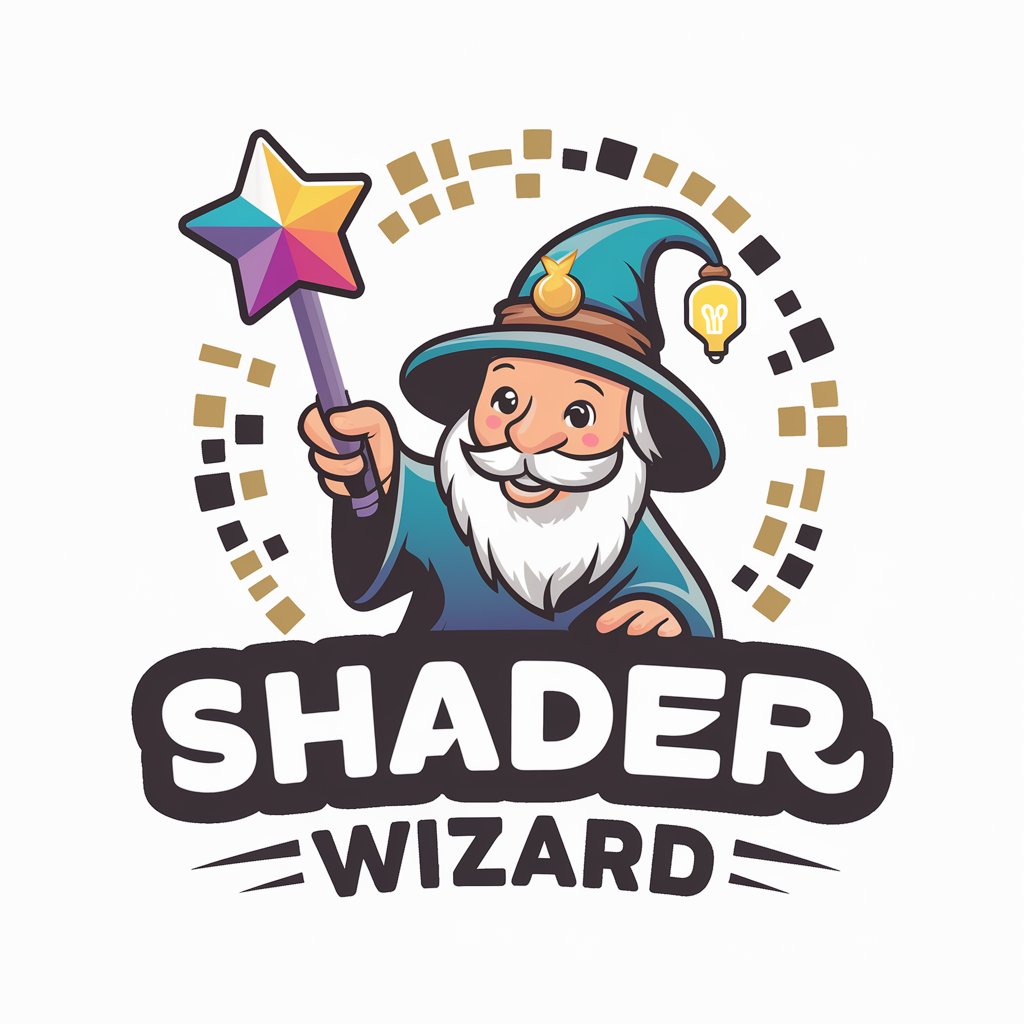
Hey there! Ready to dive into the world of shaders?
Power Your Creativity with AI-Driven Shaders
Can you explain the basics of shader programming in Unity?
What's the difference between vertex and fragment shaders in Unreal Engine?
How do I create a custom shader in Blender?
What are some advanced techniques for optimizing shaders in game development?
Get Embed Code
Introduction to Shader Wizard
Shader Wizard is a specialized tool designed to make shader programming more accessible and engaging, catering to both beginners and advanced users. Its primary focus is on simplifying the complexities of shader creation across various platforms such as Unreal Engine, Unity, and Blender. By providing user-friendly explanations and resources, Shader Wizard assists users in understanding and creating shaders, which are programs that dictate the rendering of graphics on the screen. For example, a beginner could use Shader Wizard to learn how to create a basic color shader in Unity, while an advanced user might explore complex lighting effects in Unreal Engine. Powered by ChatGPT-4o。

Main Functions of Shader Wizard
Educational Guides and Tutorials
Example
Guides on writing your first shader in Blender.
Scenario
A beginner accesses tutorials to understand the step-by-step process of shader creation, starting with basic concepts and gradually moving to more complex techniques.
Interactive Examples
Example
Live shader editing in Unity with real-time visual feedback.
Scenario
Users modify shader code in an interactive editor within Unity, seeing immediate changes in material appearance, which helps in learning how code alterations affect visuals.
Community Support
Example
Forums and discussion boards where users can share and discuss custom shaders.
Scenario
An intermediate shader programmer shares a custom glass shader they developed for Unreal Engine and receives feedback and improvement suggestions from other community members.
Advanced Shader Techniques
Example
Tutorials on using subsurface scattering shaders in Unreal Engine.
Scenario
Experienced users explore advanced tutorials to implement realistic skin rendering for characters in a game, enhancing visual fidelity and realism.
Ideal Users of Shader Wizard
Beginner Programmers
Individuals new to programming who want to start learning about graphics programming. Shader Wizard provides a gentle introduction to shader programming with simple, easy-to-follow tutorials that build foundational skills.
Game Developers
Professional and amateur game developers looking to enhance the visual quality of their games. They benefit from both basic tutorials and advanced shader techniques that can be directly applied in game projects.
Visual Effects Artists
Artists who specialize in creating visual effects for games and movies. These users utilize Shader Wizard to understand how to manipulate visual aspects of scenes through shader programming, allowing for creative control over effects.
Educators and Students
Educators using Shader Wizard as a teaching tool in courses related to computer graphics, and students learning about real-time rendering techniques. The tool’s comprehensive educational content makes it an excellent resource for academic environments.

How to Use Shader Wizard
Start with Shader Wizard
Visit yeschat.ai for a free trial without login, and no need for ChatGPT Plus.
Explore the Interface
Familiarize yourself with the user interface and available tools. Begin by exploring the pre-built shader examples and tutorials provided within the application.
Customize Your Shader
Start creating or modifying shaders. Use the node-based editor to visually connect different shader elements and adjust their properties according to your project’s requirements.
Test and Debug
Utilize the real-time preview feature to test how your shaders perform under different lighting conditions and scenes. Debug any issues using the built-in tools to optimize shader performance.
Implement and Share
Once satisfied, implement your shaders in your project within Unreal, Unity, or Blender. Share your creations with the community through the Shader Wizard library or export them for use in other projects.
Try other advanced and practical GPTs
Shader Art Assistant
Craft stunning shaders with AI-driven guidance.

Harborn's Marketing Assistent
Elevate Your Marketing with AI-Powered Insights

Scam Landing Page Detector
Spot scams with AI-powered precision.

Board Game Assistant: Zombicide: Black Plague
Master Zombicide with AI-powered guidance

Digital Transformation
Empowering businesses with AI-driven transformation

Web 3 Digitals Creative Muse
Empowering Web 3 narratives with AI.

Amplify shader editor assistant
Craft stunning shaders visually, no code required.

Shader Debugger
Optimize shaders with AI-powered insights
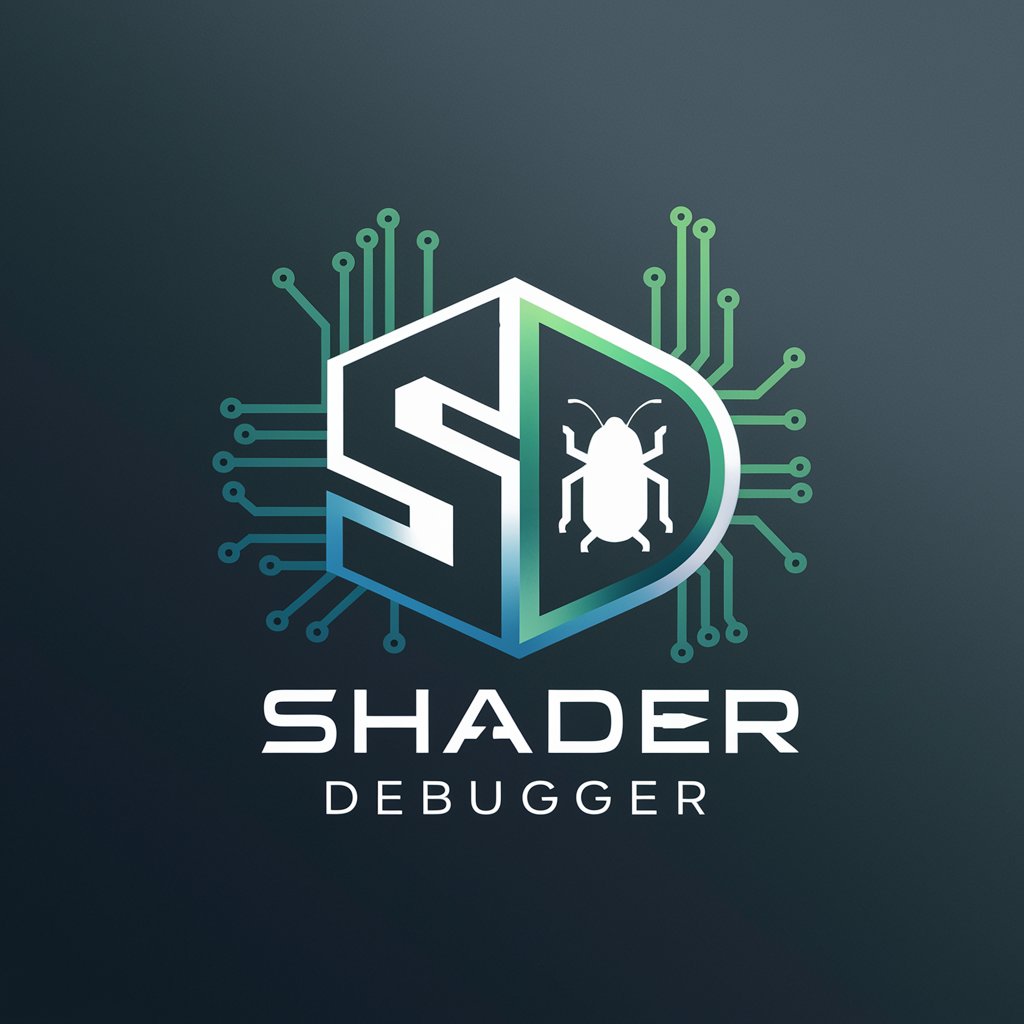
Spark Helper
Powering Shader Development with AI

Game Engine Educator Shader Expert (G.E.E.S.E.)
Crafting Shaders with AI Power
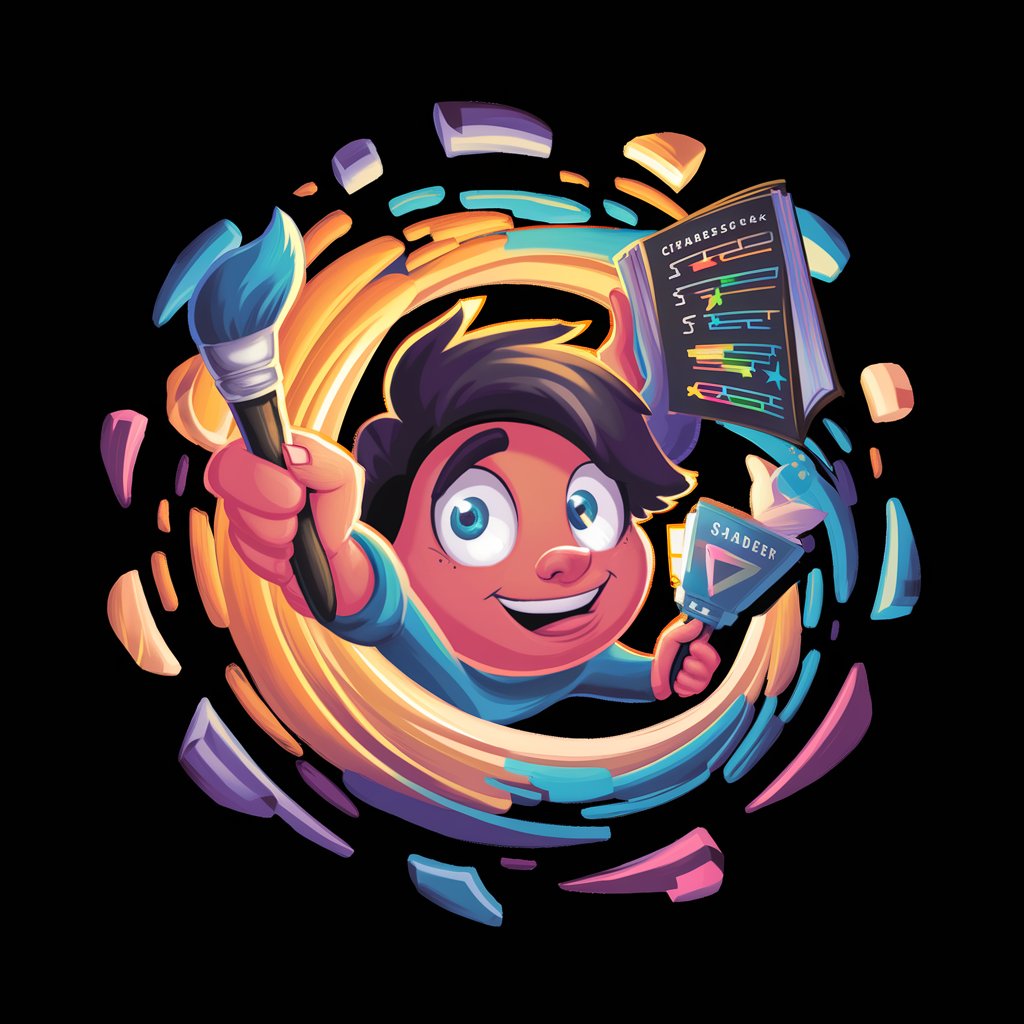
Unity Shader Graph Expert
Craft Stunning Visuals with AI-Powered Shader Guidance.
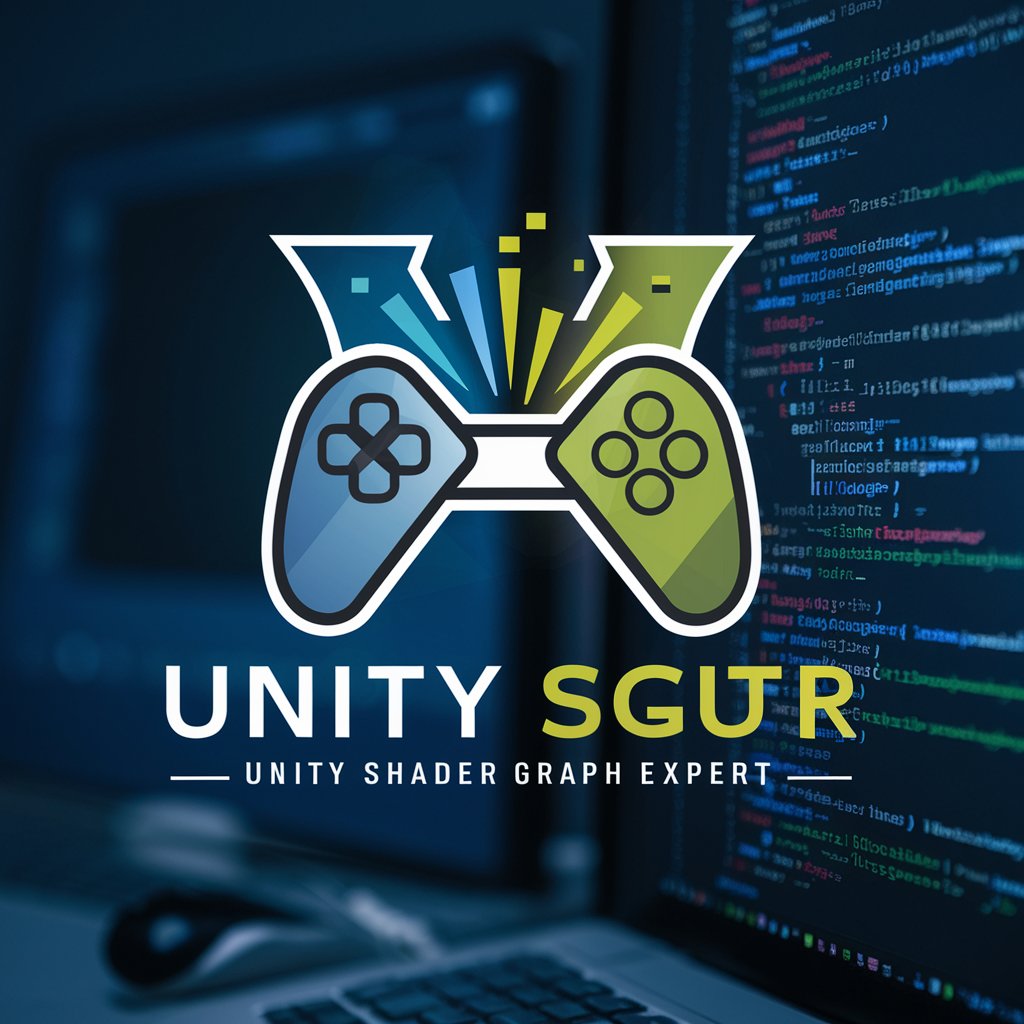
Nudge Expert
Empowering sustainable choices with AI-driven predictions.
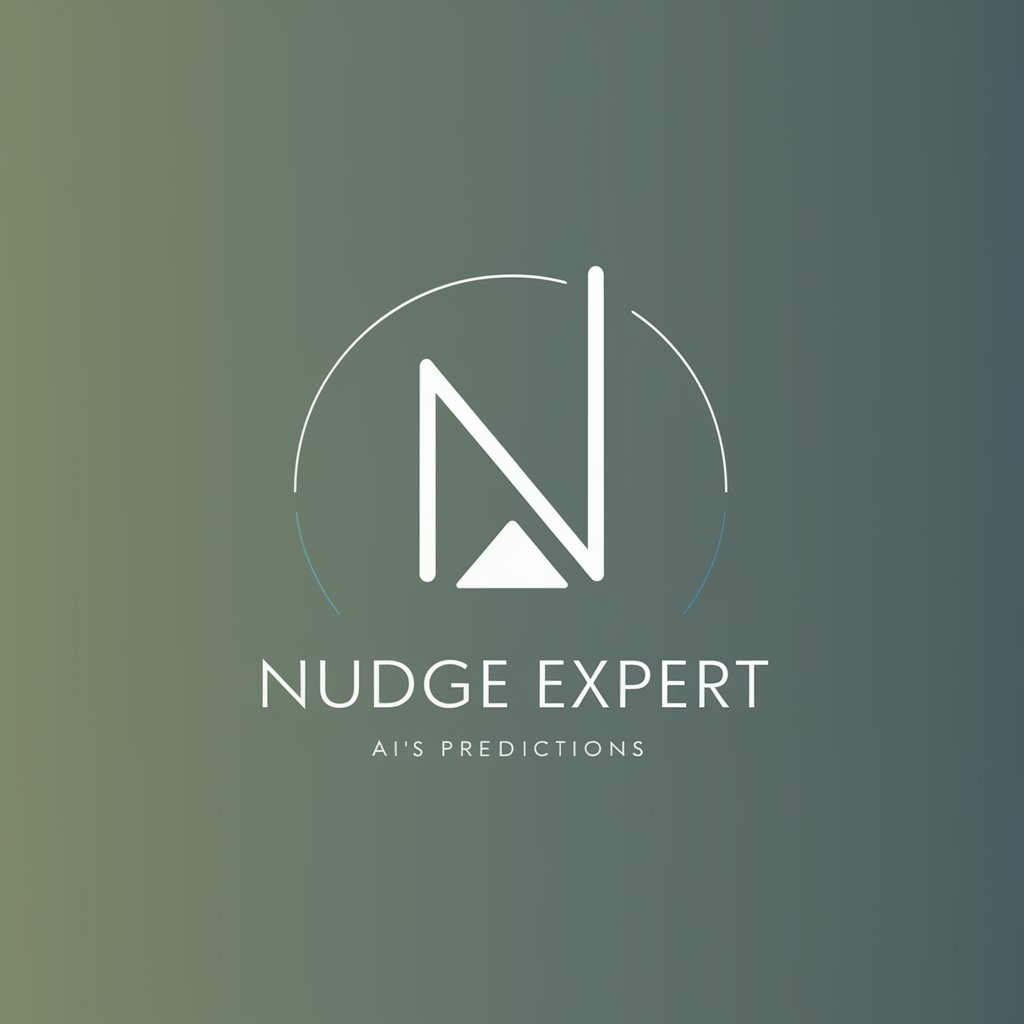
Frequently Asked Questions About Shader Wizard
What platforms does Shader Wizard support?
Shader Wizard is compatible with several major platforms, including Unreal Engine, Unity, and Blender, providing a versatile toolset for shader creation across different game engines and 3D software.
Can I use Shader Wizard without prior programming knowledge?
Yes, Shader Wizard is designed with a user-friendly interface that allows individuals without prior programming knowledge to create shaders using a visual node-based editor. This makes it accessible for artists and beginners alike.
How can I optimize shaders for better performance in games?
Shader Wizard provides performance analysis tools that help identify bottlenecks and optimize shader code. Techniques such as simplifying calculations, reducing texture lookups, and utilizing hardware features are recommended for better performance.
Is there a community or forum where I can share my shaders?
Yes, Shader Wizard has an active community forum where users can share their shaders, get feedback, and collaborate on projects. It’s a great resource for learning new techniques and finding inspiration.
What types of shaders can I create with Shader Wizard?
Shader Wizard supports the creation of various types of shaders, including vertex, fragment, geometry, and compute shaders, allowing for a wide range of visual effects and computational tasks to be performed.